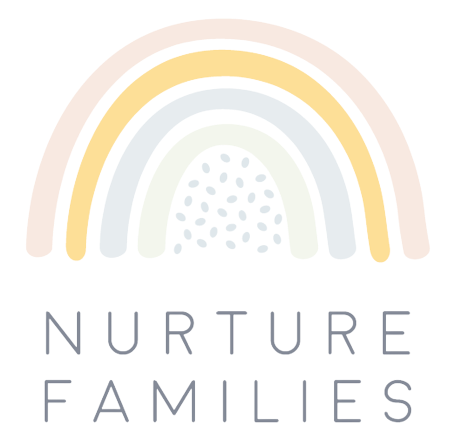During the nine months in the womb, a baby is growing and developing at ab phenomenal rate. A lot of this is physical, but there is a huge amount of important brain development that occurs. This is first shaped by the baby’s experience in the womb. So, the experience of the mother during this time is also important, and this continues particularly throughout the first 2 years of the child’s life
During these early days, the baby and the mother essentially form one whole. The baby relies on the mother for co-regulation, as the baby cannot regulate their internal state without the mother. If the mother is stressed and not able to regulate their own internal state, they’re not able to help their baby, and certainly not in a way that’s optimal for development.
This is why it is so critical to help parents in the first 1001 days. They have such an important role to play. The have an important job to do. Their baby needs them. It’s not about being perfect – because none of us are perfect parents. It’s about supporting one another, to regulate our own emotions.
Supporting Parents During the Early Years - a Parent-infant Therapist's Perspective
Supporting parents with self-regulation is key. Unless the parent feels calm and has a regulated internal state, they can’t engage with any work that needs to happen. If parents remain stressed, if they feel judged, if they don’t feel comfortable with the people who are trying to support them, in the space in which they are in, they’re not going to be able to take anything in. And they’re not going to be able to benefit from the support that we are trying to give them, however well meaning or well planned.
Some people talk about dogs as having empathy, they pick up on resonance. The baby and the parent brains share resonance. This process is called limbic resonance. That’s how they communicate; it’s an automatic process. That’s why if a parent is stressed, not matter what you do or what you say, you are going to communicate that stress to your child. It’s impossible not to. You can’t hide it.
The work we need to do is on reducing our own stress. So, the first thing that we do when working with any family is to develop a relationship with them. Without a relationship, without trust, if a parent doesn’t feel safe, they’re not going to be able to engage with us. It’s important that they find someone they build a rapport with, who they can talk to, who they can ask for help and be honest with. And it is difficult to be open and honest when you’re struggling.
So often, we have these feelings of failure. Today’s society revolves around a fear of failing. So many of us are brought up with the idea that failure is something to hide or avoid. Whereas failure is such an important part of learning and growth – it’s essential. It can be very hard to put your hands up and say, I’m finding this hard. I don’t think I’m getting this right. To expose that part of yourself to somebody else is hard.
So, a key part of what we do is making sure that someone feels safe, that they don’t feel judged, that we’re not there to criticise, and we’re not there to fix things. Yes, we give practical support where we can, but that’s not actually what empowers people. What empowers people is to know that they’ve got value, to know that there’s a support network, and that there are people there who think they are a good parent, because usually they are a good parents.
It's not being a bad parent or a bad person that causes most people to struggle. For one thing, recognise that you are still a valid person as a parent ,and that you have needs and it’s okay to have needs. Not only is it okay to meet your own needs, but you have to meet your own needs if you are going to meet the needs of your child. You don’t have to sacrifice yourself. There are people who can help.
I think what’s exciting right now is to be part of a new generation of families who are able to benefit from the incredible research that is being done, particularly in the last 20 years. We know so much more about child development, about the early years. I think parents want to understand what is going on for their child, and how they can best support their development, as well as understanding what it is to be a parent at this point in time.
It’s exciting to put together all of these elements of research on child development, research on adult wellbeing and adult mental health, and how those things fit together. Self regulation and co-regulation being at the centre of all of that is key.
Self regulation in the adult hugely impacts self regulation in the baby. And all of this feeds into the baby’s internal system, which impacts their brain development, their later education outcomes, the development of their personality, their temperament, the attachment relationship. It has an impact on everything. And it’s exciting that all these strands of research are being brought together in ways that they never have before. To be able to learn from the experts in the field right now, and use that moving forward to inform the development of a programme, to work with families is really exciting.
-Transcribed from an interview between Kate Lavender, Manager at Nurture Outdoor Kindergarten and Helen Reeve, Parent-infant Therapist at Nurture Families
Nurture Families pregnancy support services include doulas, home visitors, and parent-infant therapists.
We cover Worcestershire and North Herefordshire currently.
Get in touch today to work one to one with our pregnancy support specialists – doulas, home visitors and parent-infant therapists.
